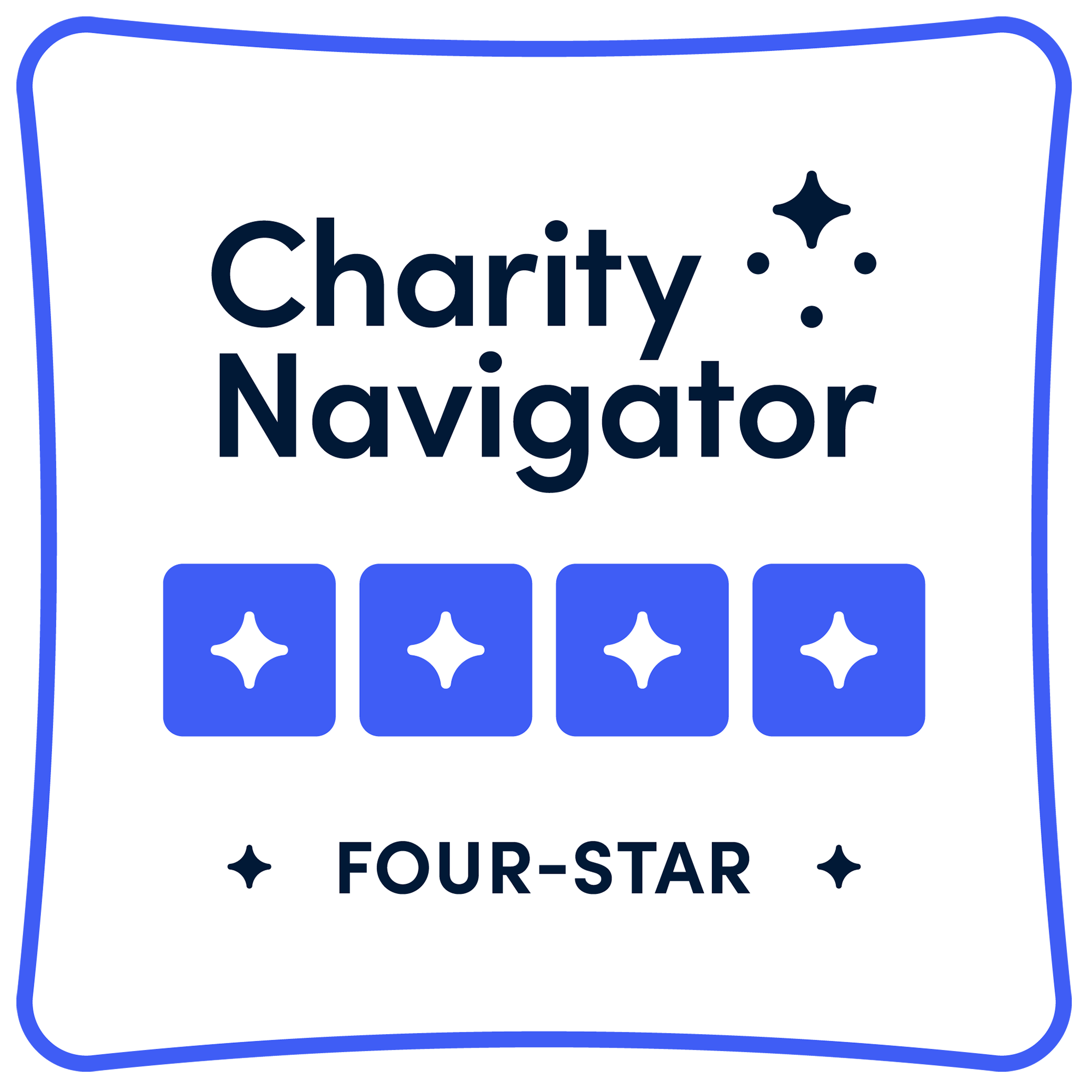Behavioral Health Doctoral Practicum Training
Integrated Modalities
Integrated therapeutic modalities include, but are not limited to: Acceptance and Commitment Therapy (ACT), Cognitive Behavioral Therapy (CBT), Dialectical Behavioral Therapy (DBT), Family Systems, Child-Parent psychotherapy and elements of psychodynamic therapies.
Trauma-Focused Services
Training and therapy offering evidence-based, clinical interventions that aid in healing the unseen wounds resulting from single event, multiple-event, and complex traumatic experiences.
Mindfulness-Based
Mindfulness trainings and practices cultivate greater awareness of the mind and body, and identify how thoughts, feelings, and behaviors affect our emotional, physical, and mental wellbeing.
Social Justice
A social justice framework of psychotherapy is non-pathologizing. It involves understanding how socio-cultural factors such as privilege, SES and personal background impact folks’ access to resources and as a result shapes their experiences and functioning. It also takes into account culture as a healing factor and a source of resiliency.
Program Overview
When: Yearly from August through June
The LifeMoves Behavioral Health Program aims to foster mental and emotional wellness, enhanced interpersonal capacity, and self-efficacy for the children, families, adults, Veterans, and seniors that LifeMoves serves.
The program helps increase our clients’ acquisition of enhanced interpersonal skills and awareness, thereby improving their decision-making processes, capacity, and ability to engage in positive, productive behaviors that increase the likelihood of beneficial outcomes for themselves and their families.
Training: Individual and group therapies are provided by doctoral-level psychology graduate students supervised by licensed clinical psychologists. The graduate students are provided:
- Weekly hour-long individual supervision sessions
- A weekly hour-long didactic
- A weekly two-hour group supervision
- A wide array of clinical supports and trainings including Mandatory Reporter Training and Crisis Prevention Intervention training/certification
- A one-hour weekly Latinx-focused, Spanish-language supervision, and peer consultation for Spanish-speaking trainees.
Training Philosophy
The program adheres to a developmental model of supervision in which trainees are provided assignments commensurate with their level of training, skills, and professional interests. Sensitivity to diversity and multiculturalism is essential, and contributes to student therapists’ acquisition of greater self-awareness; an essential component of both personal and professional growth.
Group Therapy Training
We offer training on two group psychotherapy models.
- Building Empowerment And Resilience (BEAR) is a self-defense trauma-informed psychotherapy group for women developed and led by Dr. Jennifer Keller from Stanford.
- Building Bridges is a child-parent attachment-based psychotherapy group for parents developed and led by Dr. Vilma Reyes from UCSF.
- Students are encouraged to explore their own personal interests in specific group modalities and receive supervision to strengthen those skills. Some of the groups that have been facilitated by students in the past include, Seeking Safety, Teen Support Groups, and Wellness and Recovery Groups, to name a few.
Neuropsychological Testing Training Program
Students who are interested in providing comprehensive and culturally-attuned neuropsychological assessments will receive training and supervision. We have two licensed neuropsychologists and at least one alumni from the previous training year who will provide supervision and mentorship.
How to Apply
LifeMoves is a participating BAPIC Practicum Site. Please visit their website to register and apply.
Stay Connected!
Receive stories of hope and transformation from LifeMoves.
By joining our list, you agree to receive informative emails and mailings about LifeMoves.


